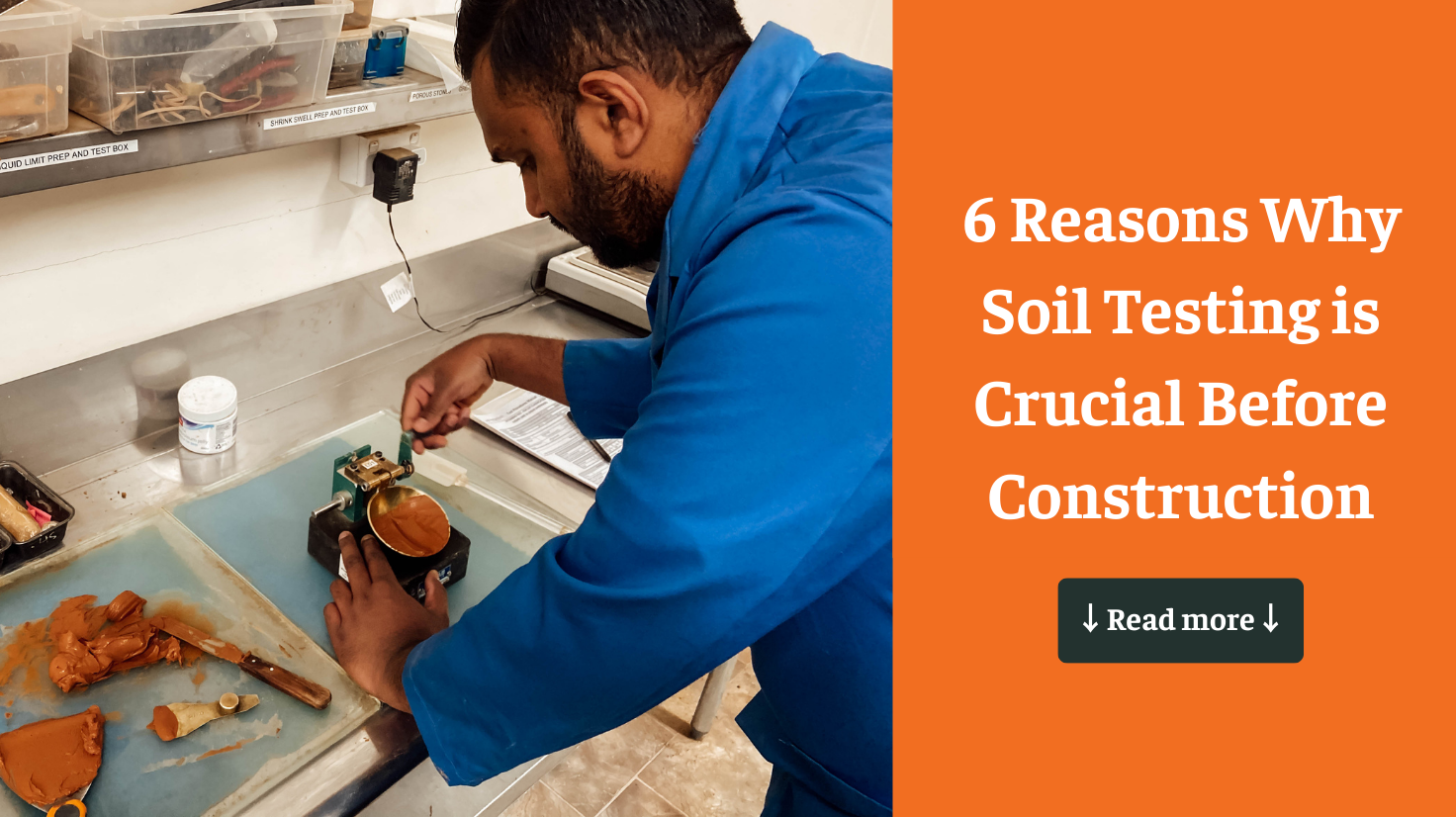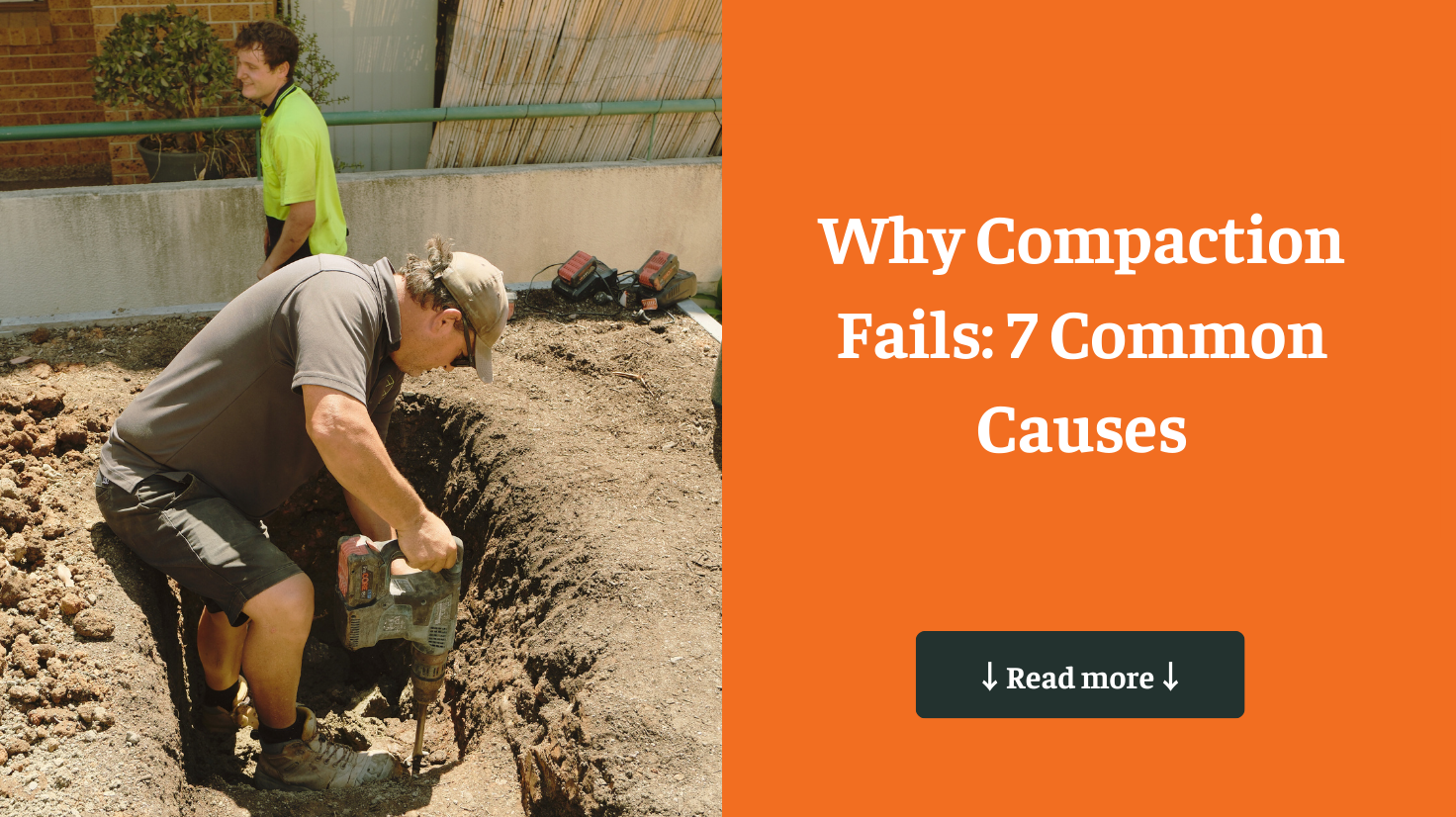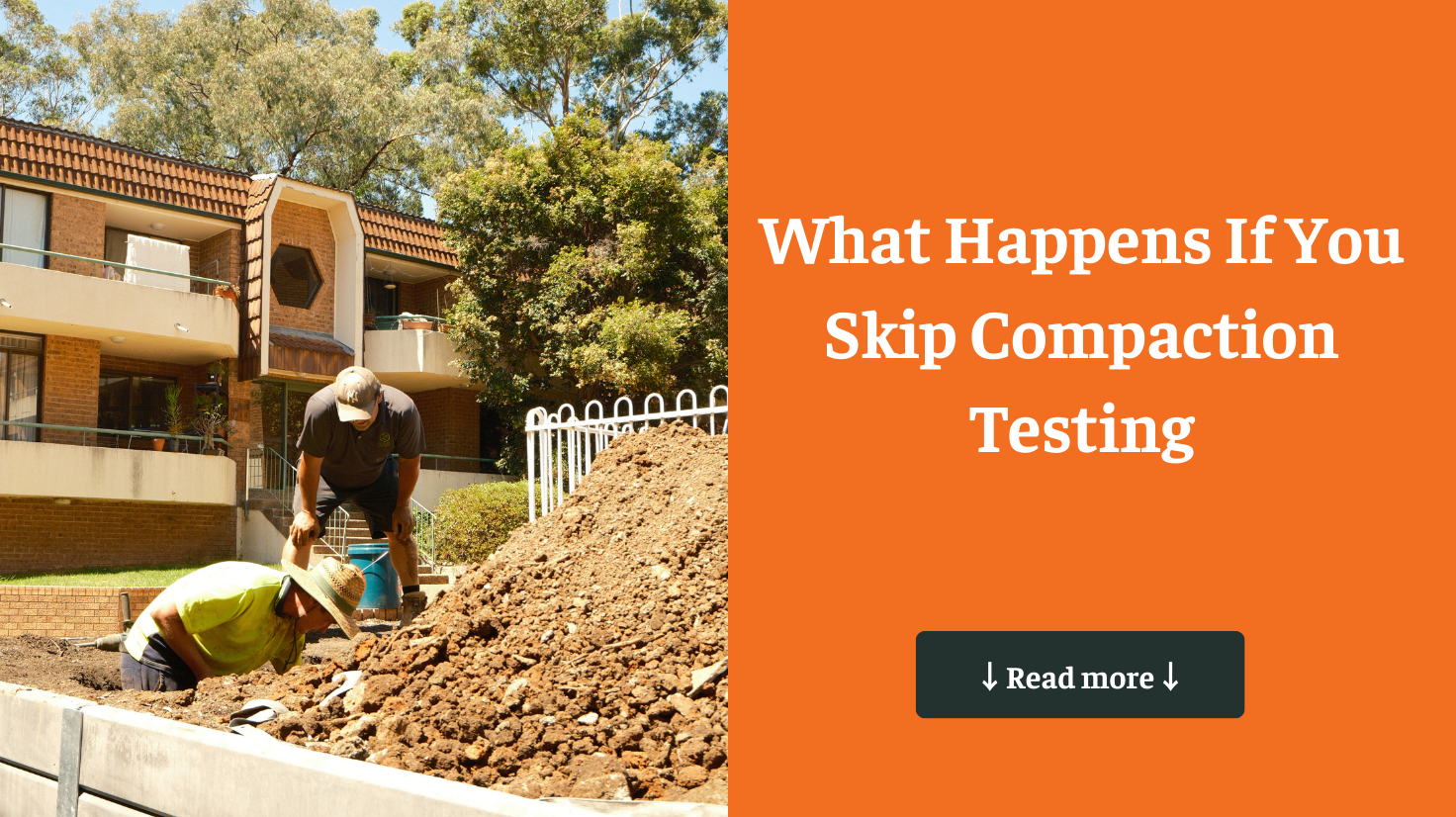Soil testing is a critical step in any construction project. While innovative designs and stunning architecture often capture attention, the true foundation of any structure lies in the quality of the soil beneath it. Here, we explore six key reasons why soil testing is essential before construction begins.
1. Ensuring Structural Integrity
Soil stability directly impacts a building’s structural integrity. Different types of soil have varying strengths, cohesiveness, and load-bearing capacities. Without proper soil testing, you risk constructing on unstable ground. This can lead to issues like foundation cracks, uneven settling, and even structural failures. Soil tests provide essential insights into characteristics like density, moisture content, and compaction levels. Identifying potential stability issues early ensures that you can take corrective measures, securing the structure’s long-term safety and durability.
2. Customising Construction Approaches
Every construction site is unique, with soil conditions that can vary widely. Soil testing allows you to gather site-specific data. This information guides the customisation of your construction approach. For example, soil tests can show whether the ground is suitable for shallow or deep foundations. They also reveal if soil improvement techniques are necessary or if special drainage systems should be implemented. By tailoring your construction plans to the specific site conditions, you improve efficiency and reduce the chances of unforeseen issues. This ensures the final structure is both safe and durable.
3. Minimising Environmental Impact
Minimising environmental impact is crucial in today’s construction industry. Soil testing plays a vital role in promoting responsible construction practices. It provides key data on how the soil interacts with the environment. For example, understanding soil permeability and erosion potential helps in designing effective erosion control measures. This reduces the risk of soil loss and sedimentation in nearby water bodies. Additionally, soil testing can identify potential contamination risks. This allows you to take steps to prevent pollutants from entering groundwater or surrounding ecosystems. Integrating this data into your construction planning ensures compliance with environmental regulations and contributes to project sustainability.
4. Avoiding Costly Surprises
Unexpected issues can delay construction projects and increase costs. Comprehensive soil testing helps you identify and plan for potential challenges before construction starts. For example, soil tests can detect hidden voids, underground water tables, or weak soil pockets that could compromise the foundation. Soil testing can also reveal contamination that requires remediation before construction proceeds. Identifying these issues early allows you to develop strategies to address them. This way, you can allocate resources effectively and avoid costly surprises that could disrupt the project timeline and budget.
5. Enhancing Client Confidence
Client confidence is crucial in the competitive construction industry. Soil testing provides solid data that supports your construction plans. It demonstrates to clients and stakeholders that you have taken the necessary steps to understand and mitigate site risks. This data-driven approach builds trust and offers a strong foundation for informed decision-making throughout the construction process. When clients see your investment in understanding site conditions, they are more likely to trust in the project’s safety, durability, and success.
6. Optimising Foundation Design
The foundation is the most critical component of any structure. Its design must suit the soil it rests on. Soil testing provides the detailed information needed to optimise foundation design. This ensures it is tailored to the specific soil characteristics. For instance, if soil tests reveal low load-bearing capacity, a deeper foundation may be necessary. Alternatively, soil stabilisation techniques might be required to support the structure. Understanding the soil’s moisture content and compaction levels allows for a foundation design that minimises settlement or movement over time. By optimising foundation design based on comprehensive soil testing, you enhance the building’s longevity and stability, protecting your investment for years to come.
Laying the Groundwork for a Successful Project
At Ideal Geotech, our comprehensive soil testing services provide you with the critical data needed to ensure the success of your construction project. From understanding soil composition to minimising environmental impact and optimising foundation design, our expertise helps you make informed decisions that safeguard both the project and the environment. Contact us today to learn more or to request a quote.







